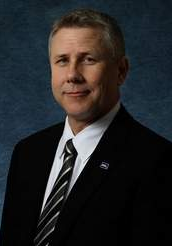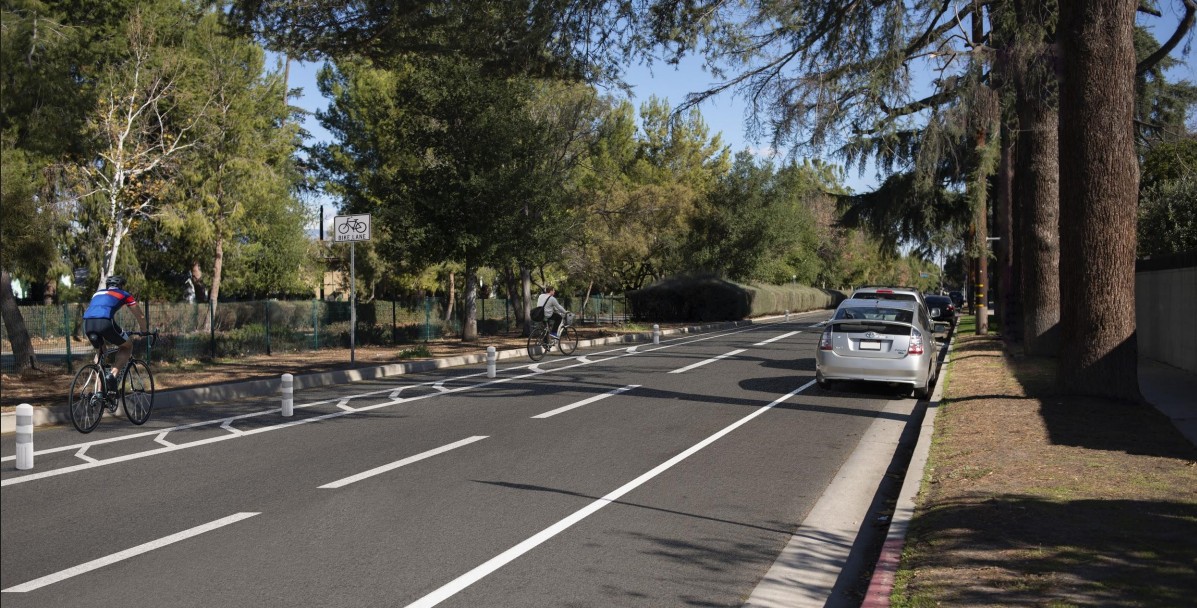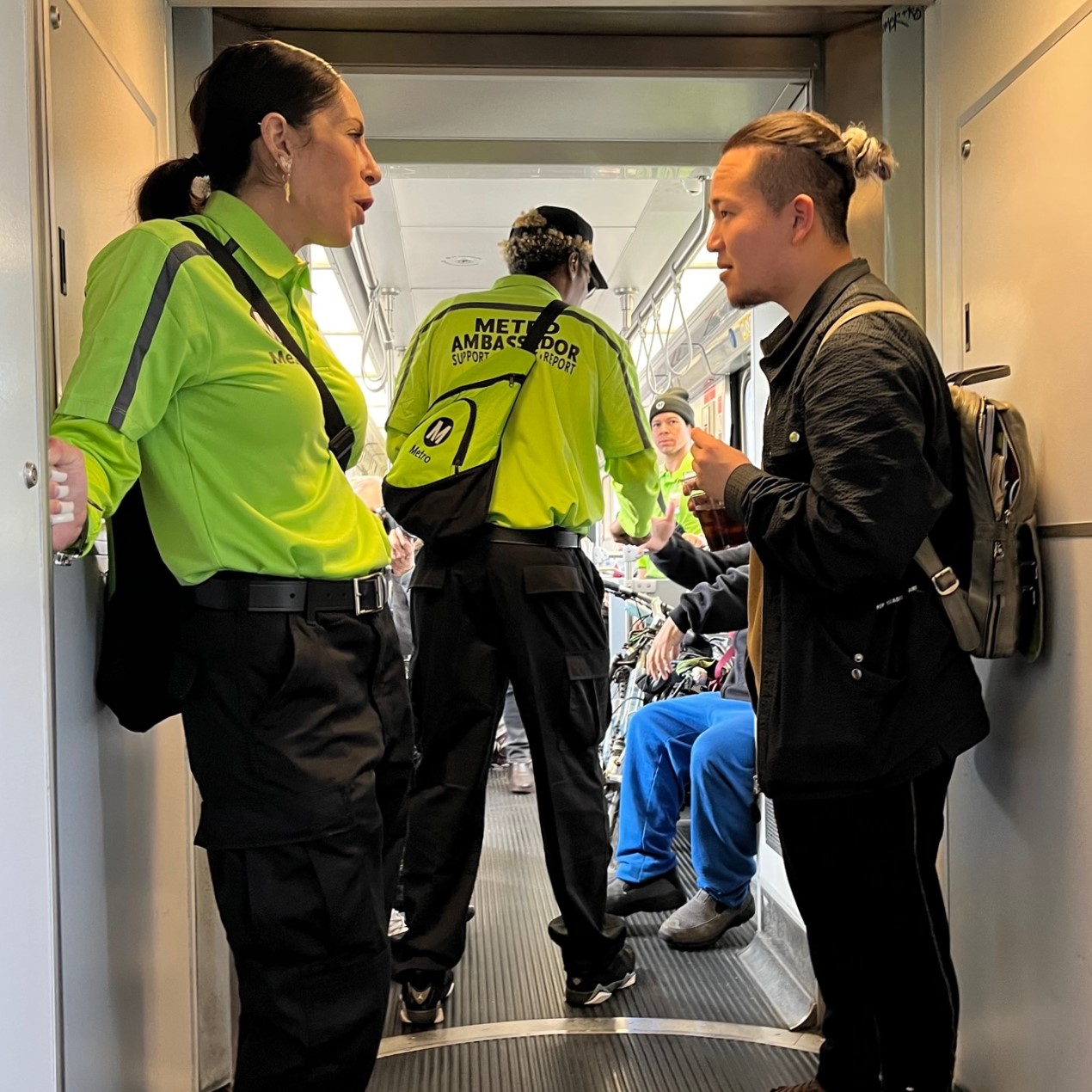As Damien has noted the California High Speed Rail Autjority is coming to L.A. this week, specifically to the Metro Board Room (3rd floor of the Taj Mahal, as some of us like to call the Metro Headquarters Building). Wednesday afternoon its Executive/Administrative Committee is meeting at 1 p.m., followed by the Finance Committee at 2 p.m. and the Operations Committee at 3:30 p.m.
Then on Thursday starting at 9 a.m. the Board is meeting; its agenda and the various reports being presented are available online.
Besides the alignment updates being presented the meeting is significant for Southern California because it will be the first since Alex Clifford left his role as Metro's high speed rail liaison. It was in 2009 that Metro CEO Art Leahy appointed Alex Clifford (then General Manager of Metro's Gateway Cities Service Sector) to be Executive Officer (EO), High Speed Rail for the agency. In that capacity Clifford provided executive direction to project management staff and consultants to facilitate the implementation of High Speed Rail (HSR) projects, including planning and implementing the Los Angeles to Anaheim, Los Angeles to Palmdale and Los Angeles to San Diego HSR corridors. The position also had responsibility for representing Metro for the Los Angeles-San Diego-San Luis Obispo (LOSSAN), Amtrak and Metrolink service corridors (Per agenda item #24 heard at the Metro Board Sept. 24, 2009 meeting).
Clifford was an ideal choice for the position due to his unique qualifications. He spent eight years serving on the Riverside City Council (1991-2000) and in that capacity represented the City of Riverside on the Riverside County Transportation Commission (RCTC) and was elected chairman for two consecutive years. He also represented the City of Riverside on the Riverside Transit Agency for eight years. Clifford also was appointed by the RCTC to represent Riverside County on the Southern California Regional Rail Authority (SCRRA/Metrolink) and served as chairman for two consecutive years. His other transportation experience included the Intercity Rail Joint Powers Authority, the RCTC/SANBAG California High Speed Rail Subcommittee and the California/Nevada Super Speed Train Commission (Per a Metro press release announcing Clifford's appointment to being General Manager of the Gateway Service Sector). A balance of technical knowledge and political savvy helped Clifford calm the waters when various local jurisdictions started to rebel at the potential magnitude of the impact of constructing the high speed line.
So where did Clifford go? To be the new head of Chicago's Metra System (their equivalent of Metrolink, albeit serving nearly 8 times the ridership -- 42,000 for Metrolink versus 307,000 for Metra). The Chicago Tribune describes him as quickly taking action to begin shaking up the agency by posting a message on Metra's website promising reform and soliciting input from riders with a survey.
Clifford's task is to pick up the pieces in the wake of a scandal in which longtime Executive Director Phil Pagano was caught engaged in financial improprieties and last May committed suicide by walking in front of one of his own agency's trains.
Obviously Clifford has a lot on his plate at his new job.
And where does that leave Metro in dealing with bullet train issues? I have to think it will be difficult to find someone with the skill set and background Clifford brought to the task. And I've heard no hint how far the search has progressed for Clifford's successor.








